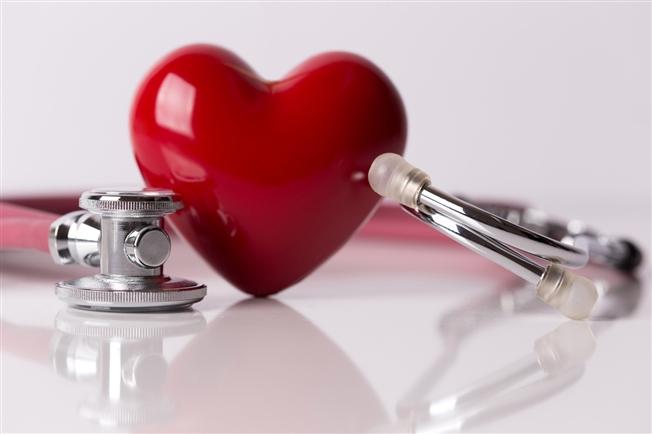Five heart symptoms you shouldn't ignore

When it comes to protecting your heart, you can never be too careful. From a heart-healthy diet and regular exercise routine to yearly appointments with your primary care physician or cardiologist, it’s important to make your heart health a priority. And that includes recognizing symptoms that could mean your heart is at risk.
Below, we explore five symptoms you should be aware of, and what they could mean for your heart.
Shortness of breath
Feeling a little winded after taking the stairs instead of the elevator? That could be normal. But if you’re having trouble breathing while sitting still or with minimal movement, it could be a sign of a heart problem or pulmonary condition. While shortness of breath is often accompanied by chest pain, it doesn’t have to be.
Chest pain or tightness
Chest pain is one of the most well-known symptoms of heart attack, but some patients are still hesitant to visit the doctor when they experience it.
“Even though they understand that chest pain is a warning sign, people still worry about showing up to the emergency room and it turning out to be nothing,” says Brian Wilner, MD, cardiologist with the Lankenau Heart Institute at Paoli Hospital. “Chest pain can come from a variety of different causes, but most of them deserve medical attention.”
If you’re experiencing chest pain, don’t delay in seeking medical care. Learn more about the causes and symptoms of chest pain.
Heart palpitations
Heart palpitations can be a frightening feeling, especially if you haven’t felt them before. These fluttering heartbeats can be caused by strenuous activity, warm weather, stress, anxiety, nicotine or caffeine, and certain medications. You might also feel fluttering in your throat or neck, so don’t be surprised if you notice symptoms there, too.
Although heart palpitations alone can be normal, they are a sign to stop what you’re doing and take a break. However, if your palpitations last longer than a few minutes or are accompanied by dizziness, fainting, shortness of breath, or chest pain, seek medical attention quickly. Learn more about how to tell if your heart palpitations are cause for worry.
Rapid pulse
While a skipped heartbeat may not always be cause for concern, a rapid pulse usually is. In serious cases, a rapid pulse can disrupt heart function, and increase the risk of stroke and cardiac arrest.
“A rapid pulse can be caused by a number of different issues but, if you notice that your pulse is irregular or more rapid than normal, you should notify your doctor immediately, especially if it’s accompanied by other symptoms, like dizziness, weakness, or shortness of breath,” says Dr. Wilner.
A normal adult heart rate beats between 60 and 100 times per minute at rest. If you suspect your pulse is rapid, check it by finding your pulse and counting the number of beats for 20 seconds. Multiply the number times three to get your heart rate. If it’s higher than 100, call your physician.
Sweating
Nerves, temperature, exercise…these are all perfectly normal times to be sweating. But if you find yourself breaking out into a cold sweat while you’re sitting at the dinner table or alternating between hot and cold in the middle of the night, the problem might not be your thermostat. Sweating more than usual, especially while you’re at rest, could be a symptom of heart problems, so don’t brush it off.
A heart attack is marked by many symptoms, and not all of them originate near your heart or in your chest. Symptoms like nausea, anxiety, persistent coughing, and arm or jaw pain can all be indicative of a heart attack. If you think your or a loved one is suffering from a heart attack or other cardiac event, call 911 immediately.
With four hospitals and many community cardiology sites throughout the region—including Lankenau Medical Center, Bryn Mawr Hospital, Paoli Hospital and Riddle Hospital—Lankenau Heart Institute's team of cardiologists, cardiovascular surgeons and sub-specialists seamlessly integrate prevention, diagnostics, treatment, rehabilitation and disease management into one uncompromising service. Visit our website to learn more about the Lankenau Heart Institute.